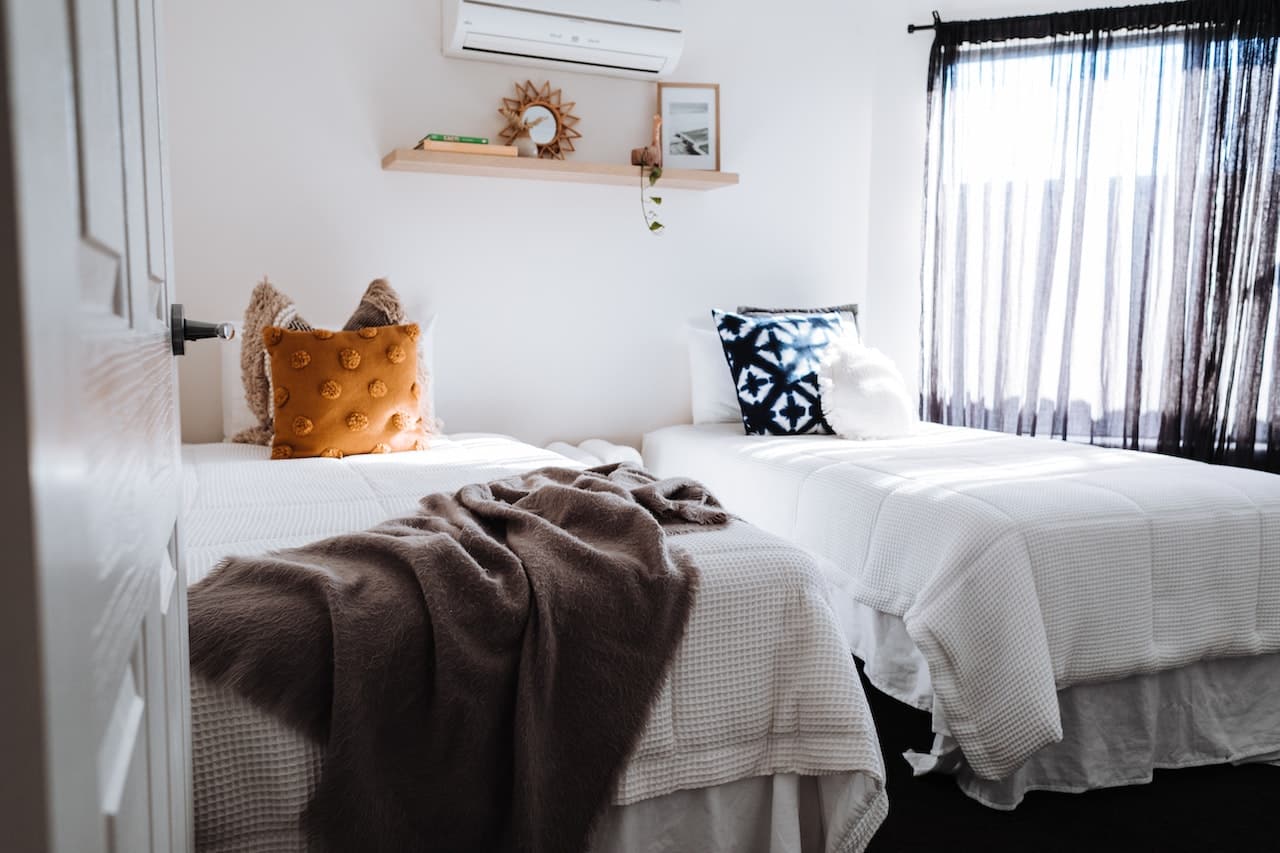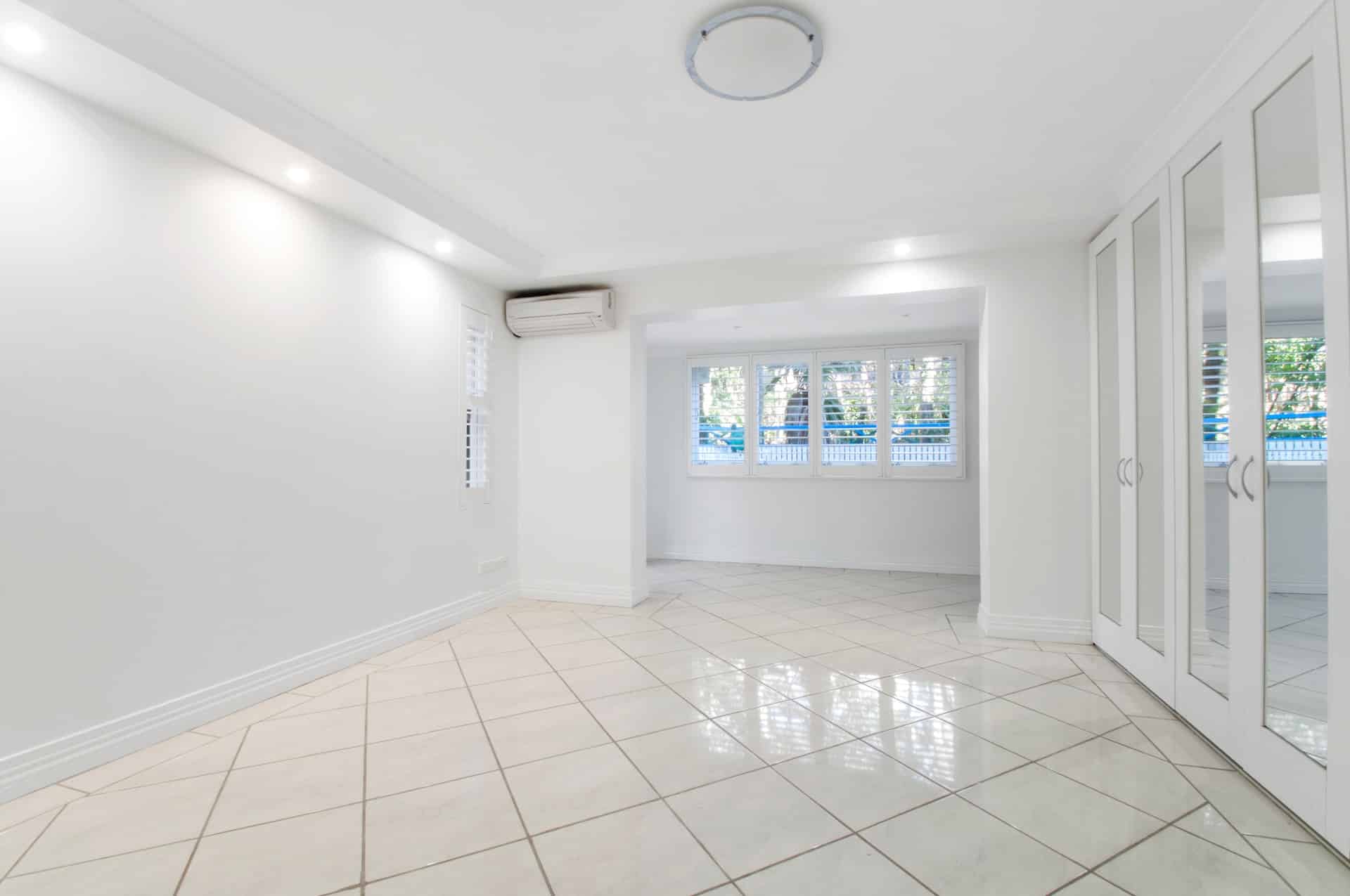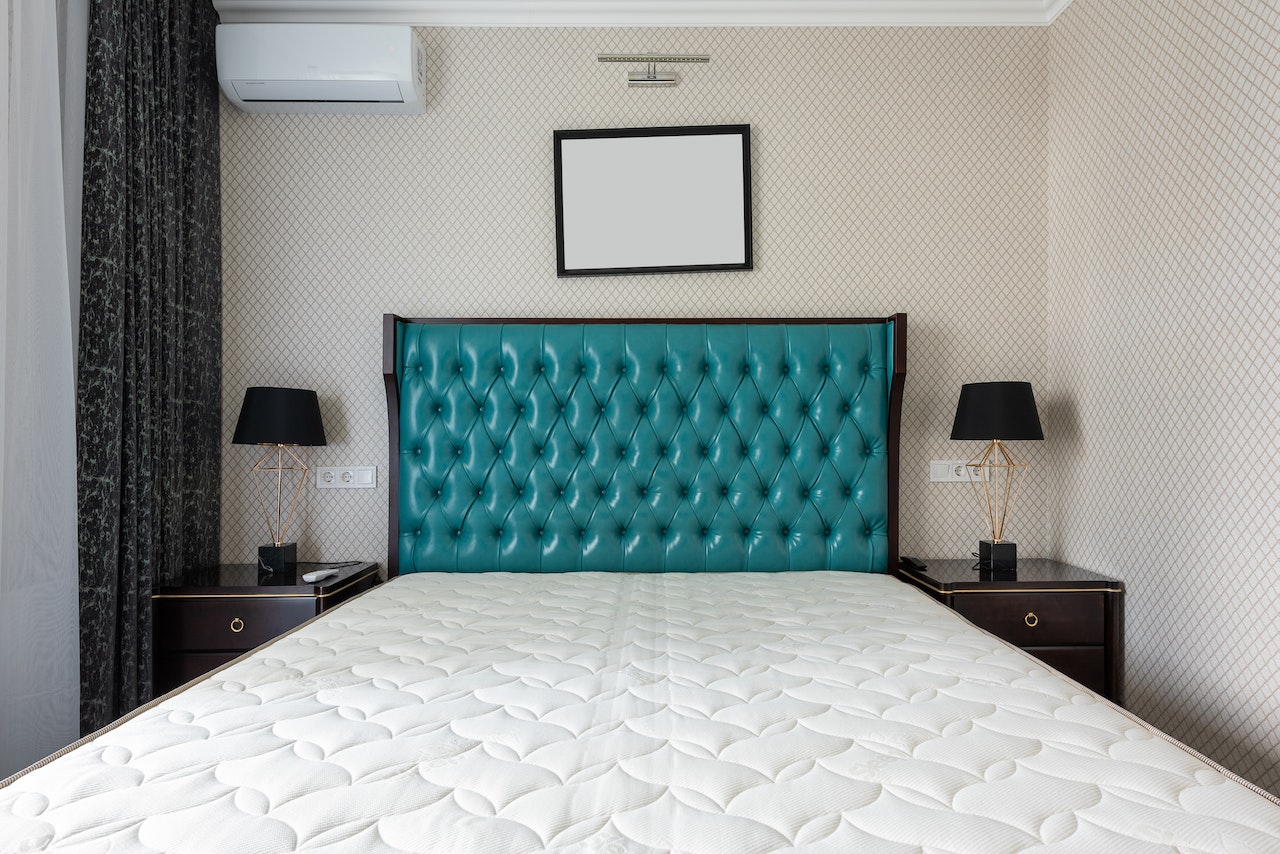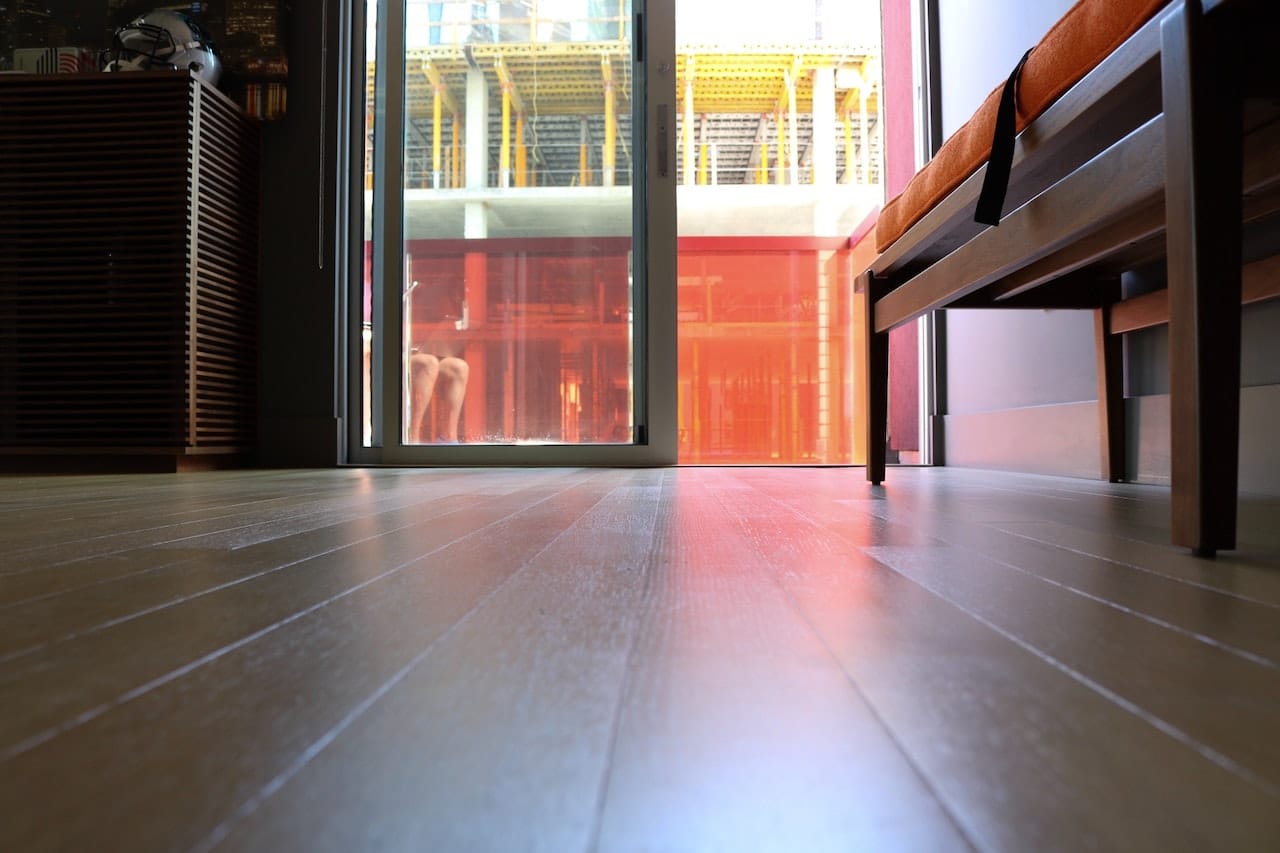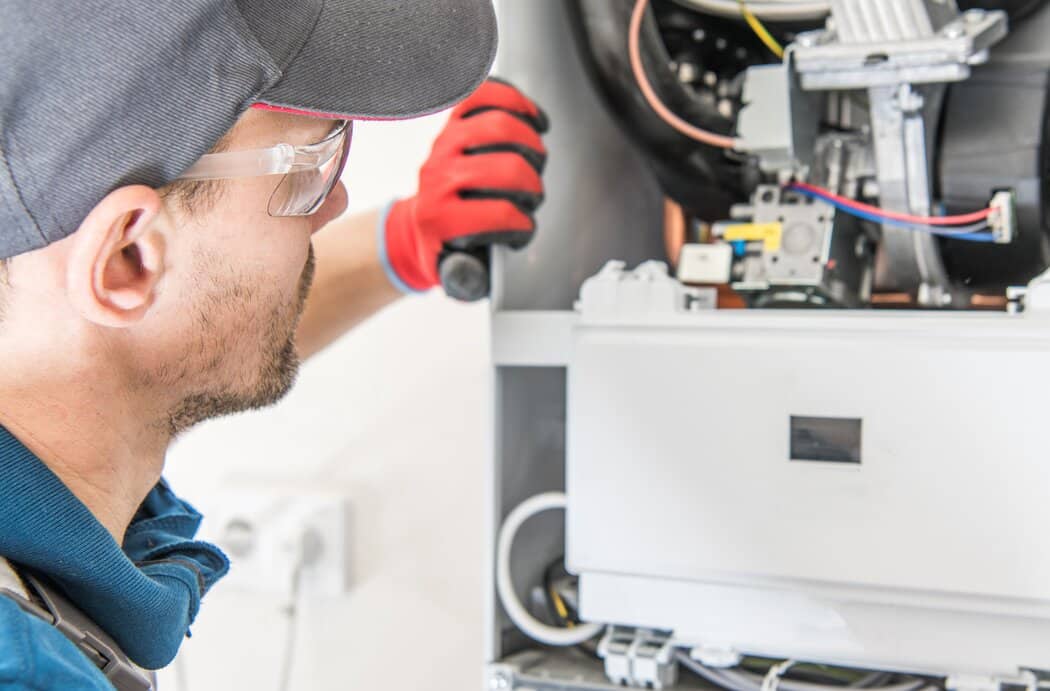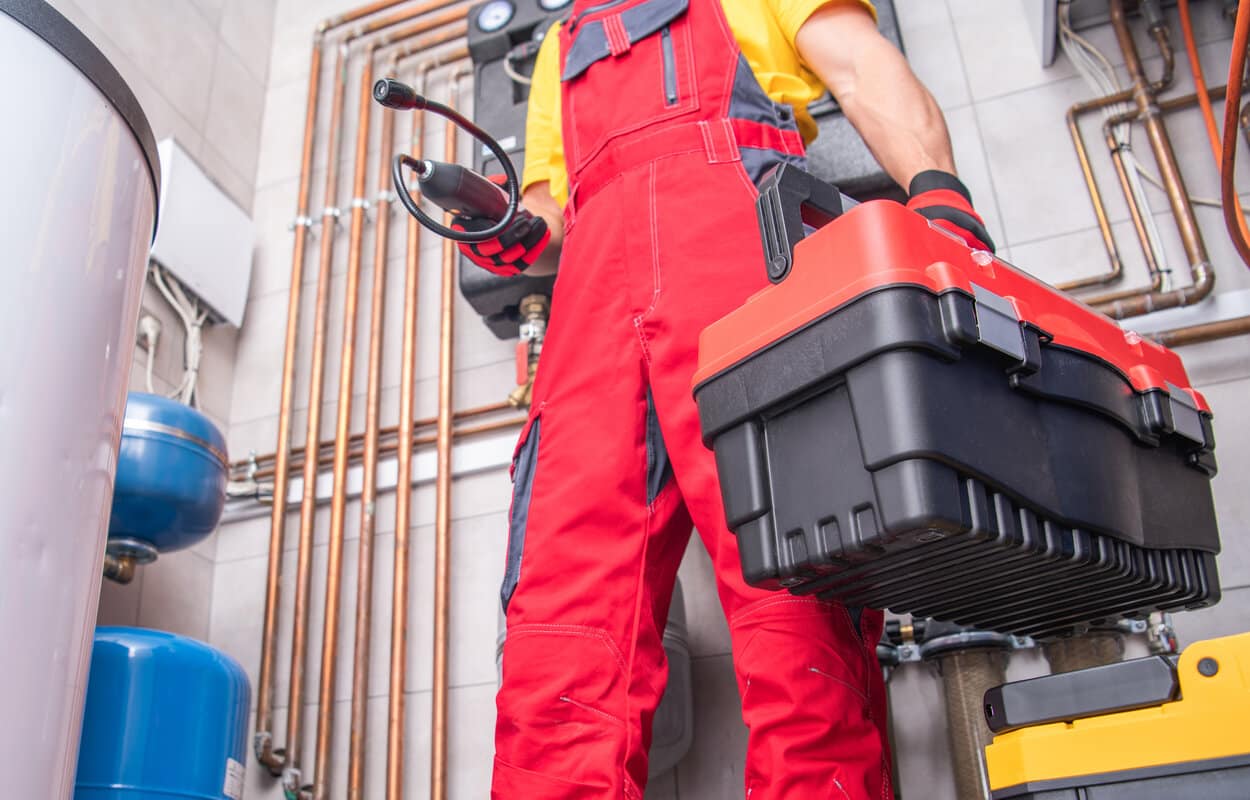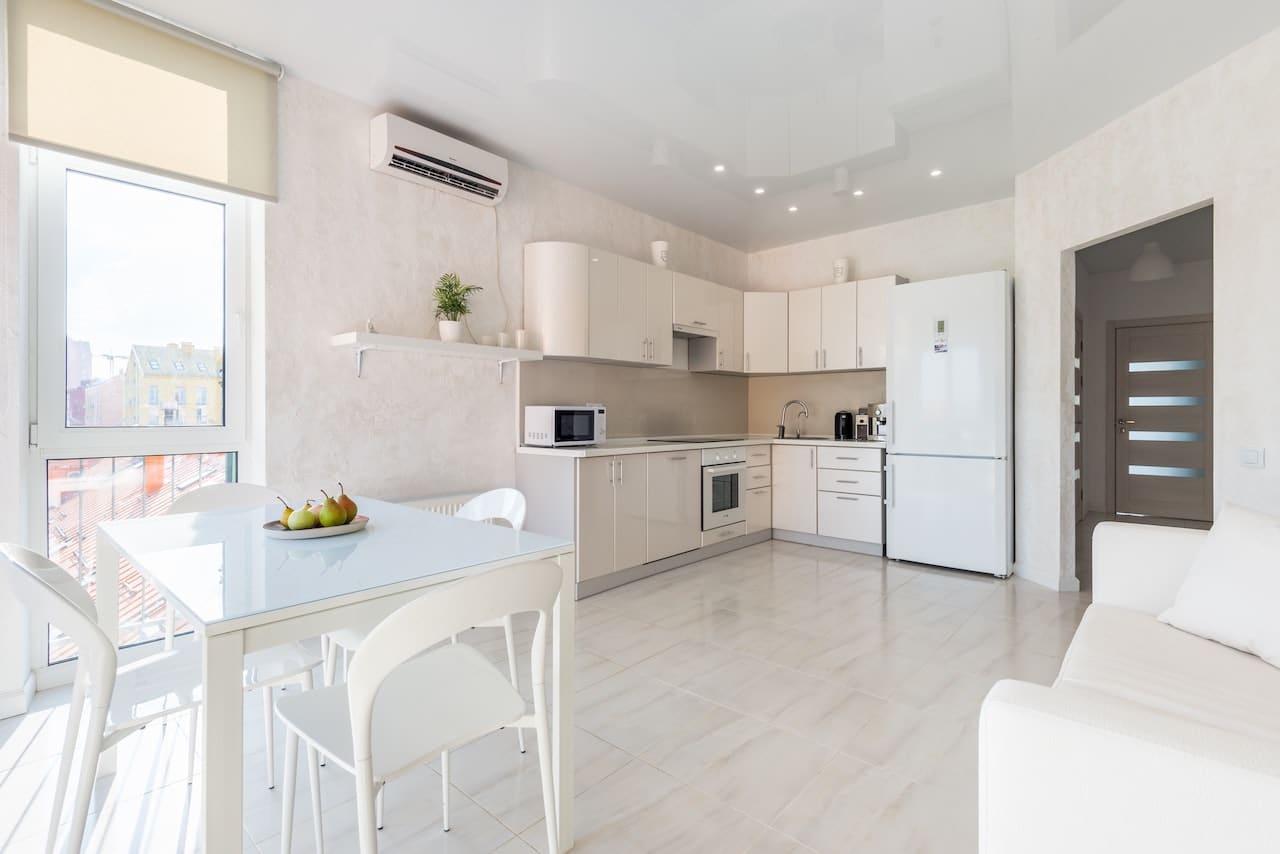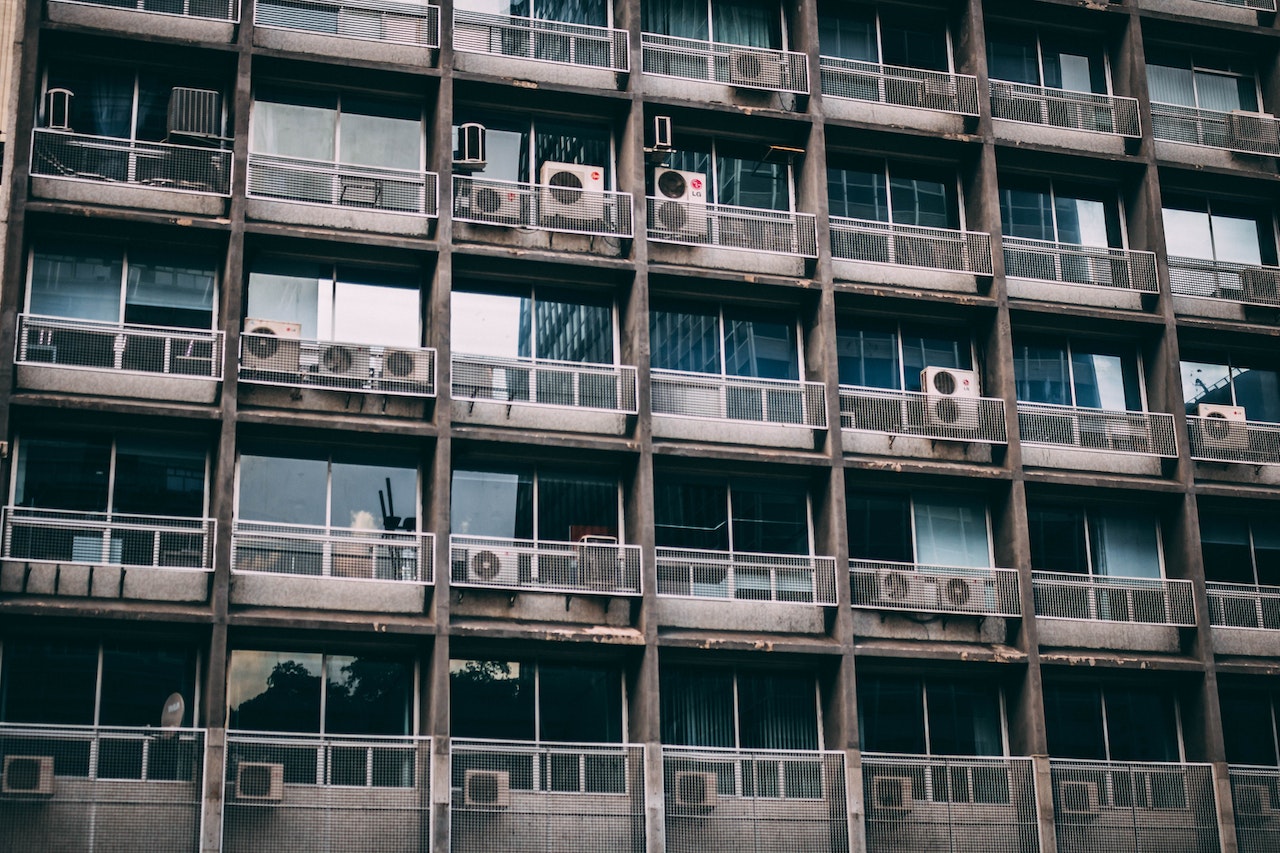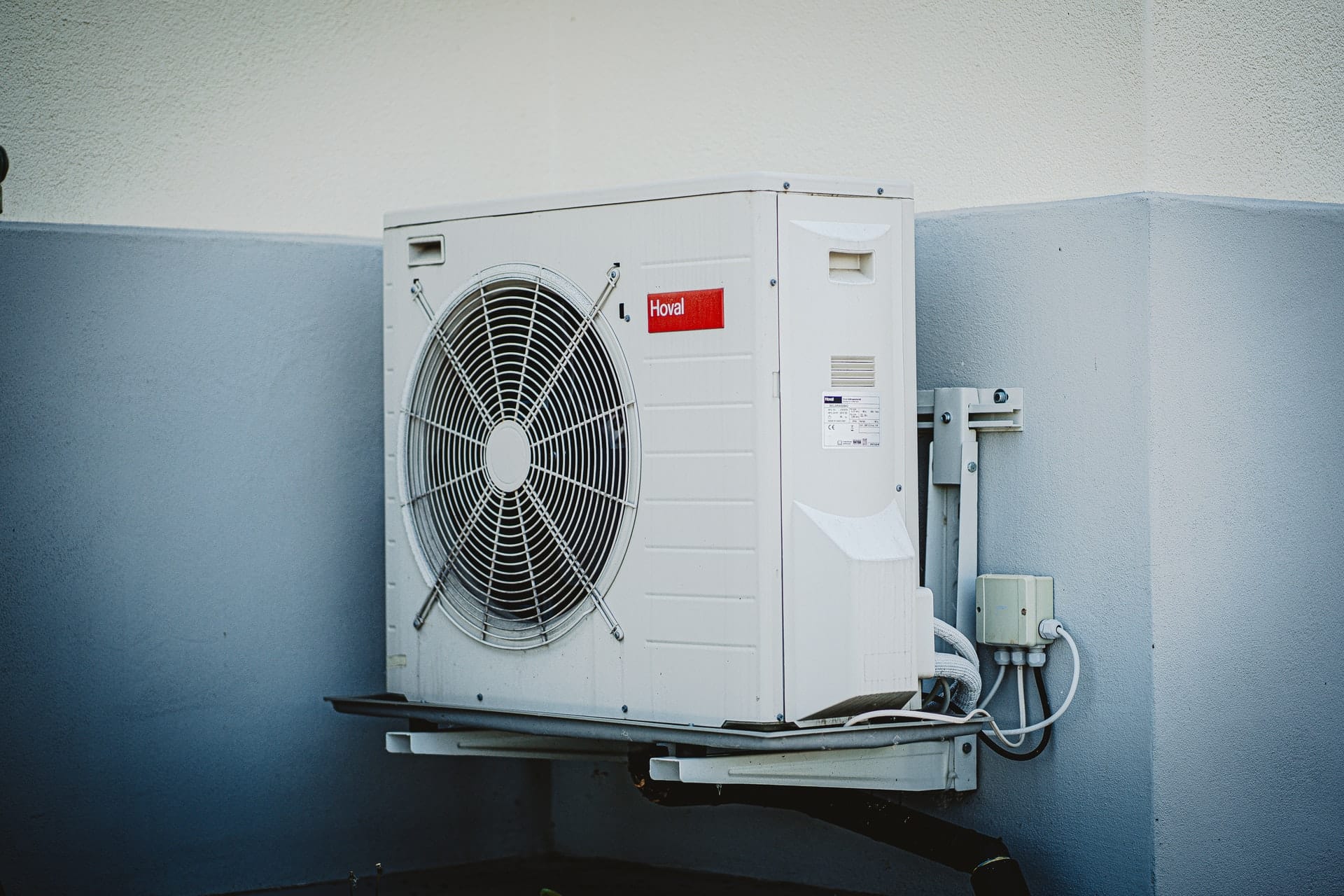Cooling is essential in any home because it helps regulate indoor temperatures. In turn, your home will be more comfortable to live in. The easiest way to ensure your home is adequately cooled is by installing an air conditioner, which helps keep your home cool during the hotter months. However, an AC unit is not perfect and can suddenly experience problems such as turning off when in use.
It can be frustrating when an AC unit turns off because you will have to wait for the unit to turn back on and cool your home down. Sometimes, an AC unit will turn off because it needs to be reset. This can be done by pressing the reset button on the AC unit. If the AC unit turns off and won’t turn back on, it may indicate a problem with the AC unit. There are different reasons why this happens, such as:
#1 – Short Cycling
Short cycling is the most common cause of an AC unit turning off frequently. Many things can cause it, such as:
- Dirty air filter
- Dirty evaporator coil
- Dirty condenser coils
- Faulty capacitor
- Loose wires
These problems can cause your AC unit to turn off, which is relatively easy to fix. If you have a dirty air filter, it will need to be replaced to allow air to flow freely. A refrigerant leak can cause your AC unit to turn off because it needs refilling. A faulty capacitor will need to be replaced. Loose wires can be tightened, and coils can be cleaned.
#2 – Electrical Issues
Many different electrical issues can cause your AC unit to shut off. One of the most common electrical issues is a tripped breaker. This can happen if the AC unit is overworking or if there’s a short in the AC unit. If the breaker trips, you will need to reset it. Another electrical issue that can cause your AC unit to shut off is a loose wire. This can happen if the AC unit is overworked or if there’s a problem with the unit’s wiring. If you suspect an electrical issue, you should contact a professional to have it checked.
#3 – Thermostat Issues
Some issues with your thermostat can cause your AC unit to turn off. If your thermostat is set too low, your AC unit will shut off. If your thermostat isn’t working properly, your AC unit will shut off. If your thermostat is set to heat, your AC unit will shut off. These are all problems that should be addressed by a professional.
#4 – Clogged Condensate Line
An AC unit’s condensate line is what drains the water that is produced by the AC unit. The water is produced when the AC unit pulls the humidity out of the air. This water is supposed to drain out of the house, but if the condensate line is clogged, the water can back up and flood your AC unit, causing it to shut off. You can do a few things to prevent this, such as cleaning and checking for leaks. However, if you suspect your condensate line is clogged, you should contact a professional to clear the line.
#5 – Compressor Failure
The compressor is the component of the AC that compresses the refrigerant so it can be cooled. If the compressor fails, there is no way for the AC to cool the air, so it will shut off. However, it can also be caused by overworking, which can be caused by a faulty thermostat, clogged filter, or a dirty evaporator coil. If you suspect your compressor has failed, you should contact a professional to have it checked.
#6 – Refrigerant Leak
The refrigerant is responsible for cooling the air in your home. If there’s a leak, the AC will not be able to cool the air as efficiently and eventually shut off. A leak can be caused by a hole in the AC unit or a faulty connection. If you suspect a leak, you should contact a professional to have it checked.
Conclusion
An AC unit is meant to cool your home, so you should take good care of it. Since it’s such a significant investment, it’s essential to know the signs of a broken AC. All that matters is that if you’re having issues with your AC unit, you should contact a professional to have it checked.
Climate Experts provides top-quality services for air conditioning in Pickering. Our heating and cooling contractors specialize in the installation, repair, and maintenance to ensure your home is adequately cooled for affordable prices. Simply go to our website to request a free estimate!

